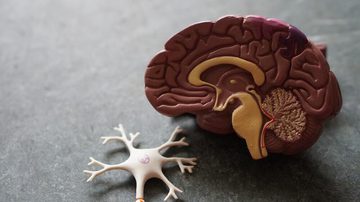Young onset dementia affecting far more people than first thought
Knowledge
The global prevalence of young-onset dementia (YOD) is significantly higher than previously thought.
On 19th July, JAMA Neurology published a meta-analysis of young-onset dementia seeking to understand the prevalence of young-onset dementia, referring to those who experience symptoms of dementia before the age of 65.
'Global Prevalence of Young-Onset Dementia: a Systematic Review and Meta-analysis' analysed 95 studies, 74 of which contained data of 2,760,379 unique patients. The review found that there are currently 3.9 million people worldwide living with young-onset dementia.
The analysis found that the global age-standardised prevalence of young-onset dementia was 119 per 100 000 population between the ages of 30 and 64, with a gradual increase in prevalence across increasing age brackets. For example, those closer to 30 had a low prevalence (1.1 per 100,000 population aged 30-34 years) whilst those closer to 64 had a far higher prevalence (77.4 per 100 000 population aged 60 to 64 years).
The researchers noted that, despite the high number of studies examined, estimates of the prevalence in low-income countries and younger age ranges remain scarce. This lack of data means that the prevalences found, whilst higher than expected, are probably still underestimations.
Reference: Hendriks S, Peetoom K, Bakker C et al, 'Global Prevalence of Young-Onset Dementia: a Systematic Review and Meta-analysis' 'JAMA Neurol. Published online July 19, 2021, doi:10.1001/jamaneurol.2021.2161
Related articles
Promoting prevention, supporting management
Led by proactive clinicians determined to see improvement in the way we prevent, diagnose and manage dementias, Dementia Academy supports healthcare professionals with the latest tools, resources and courses to do just that.


